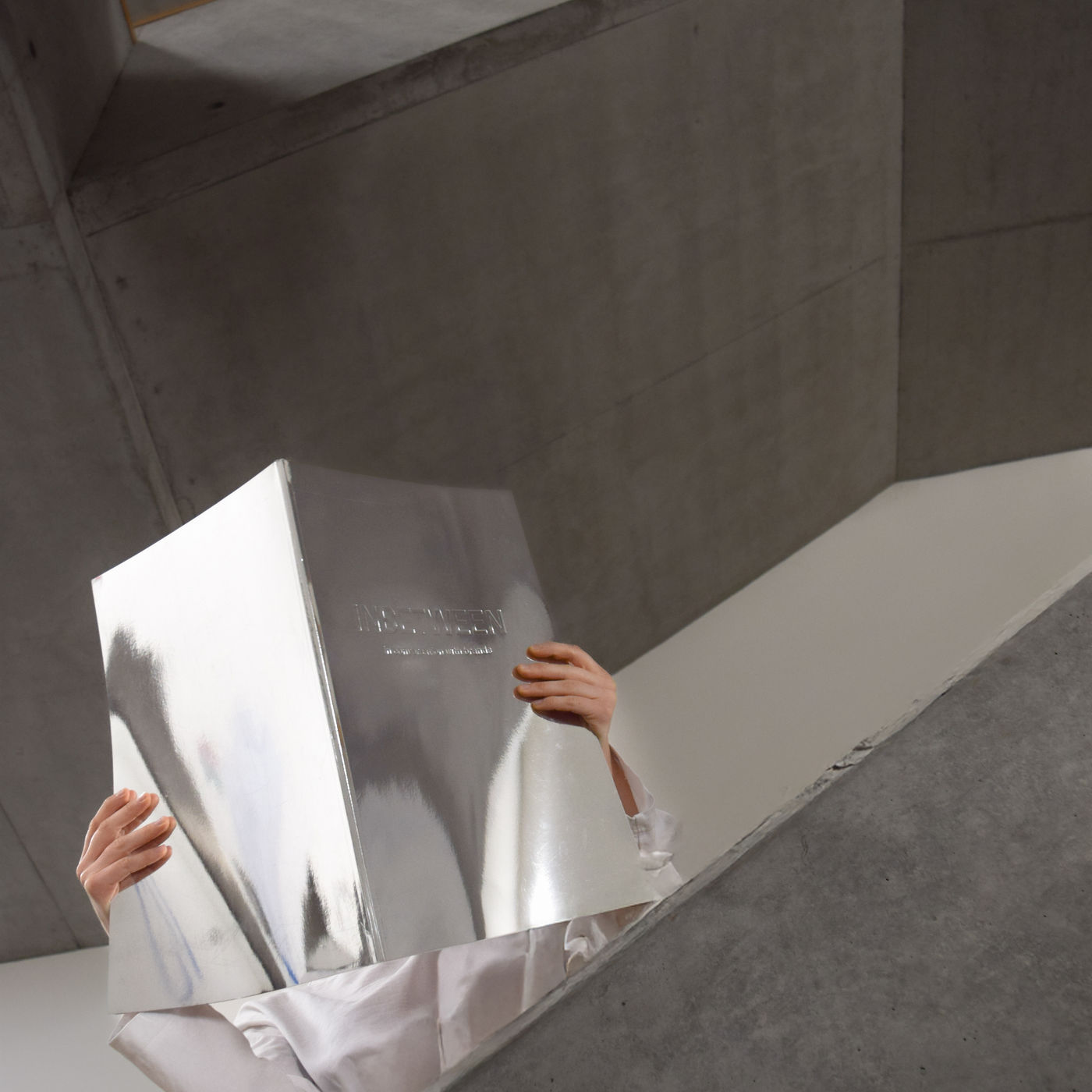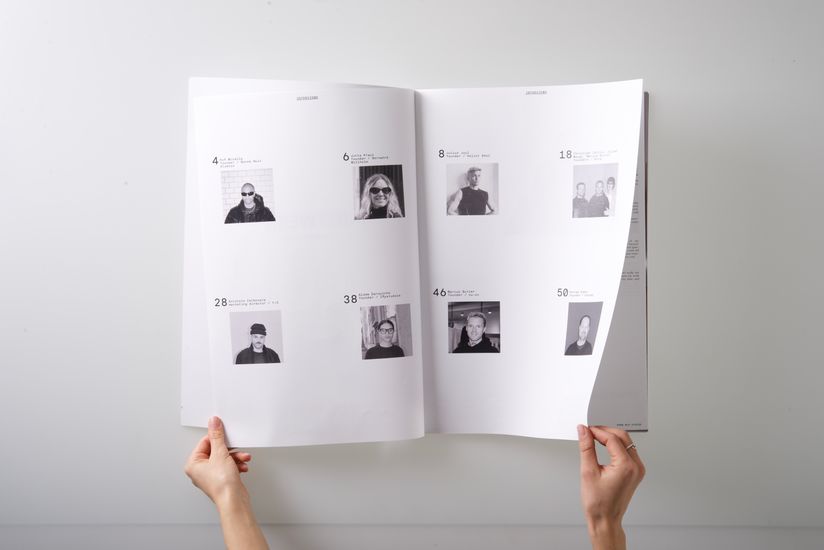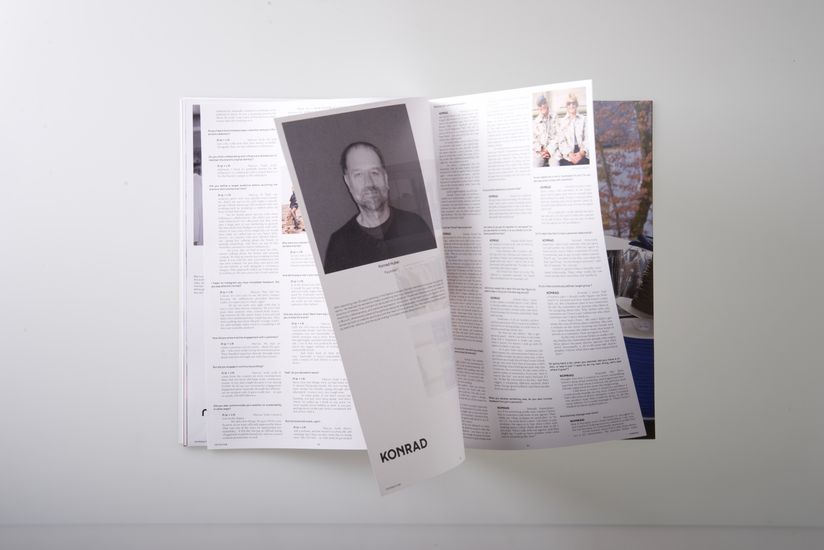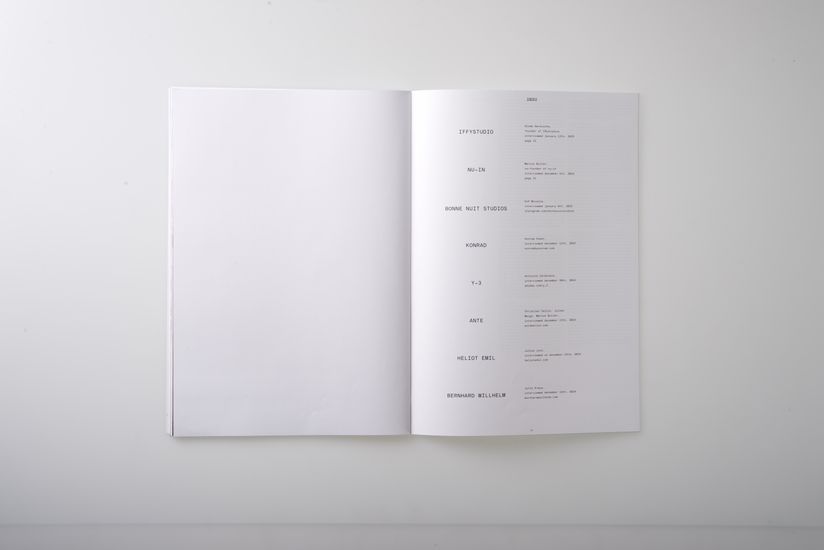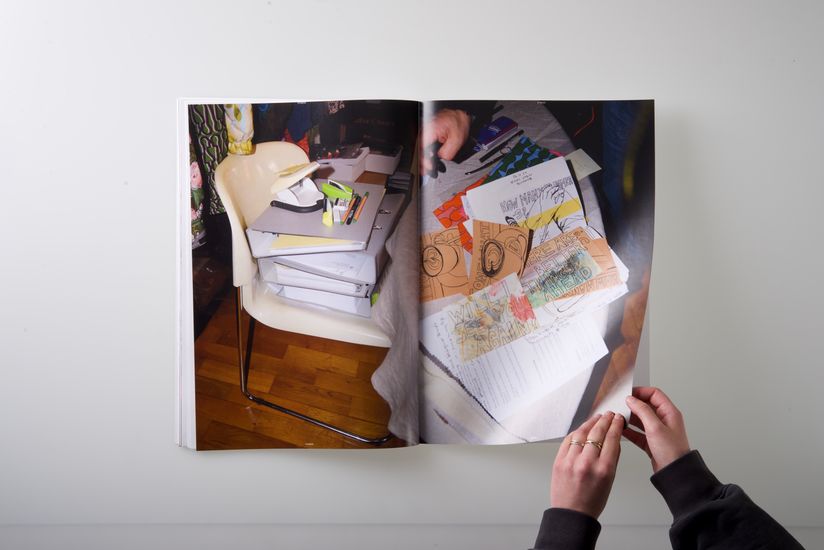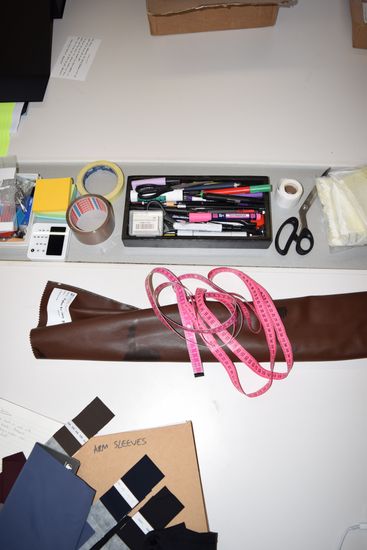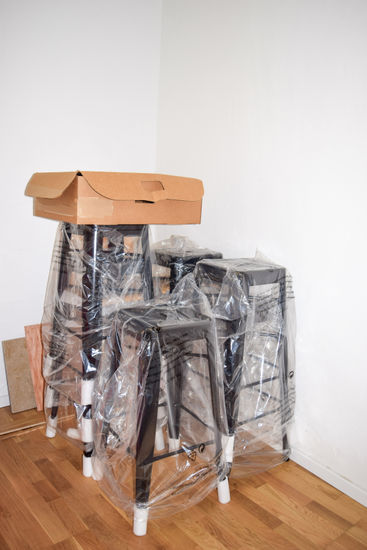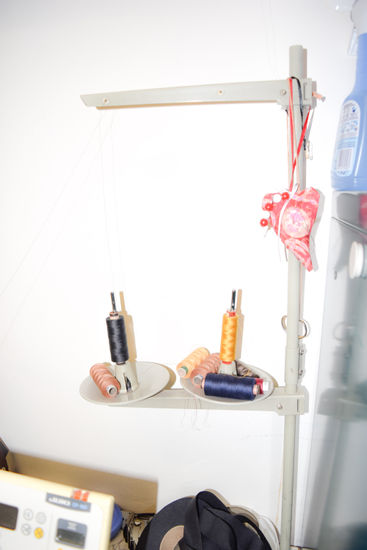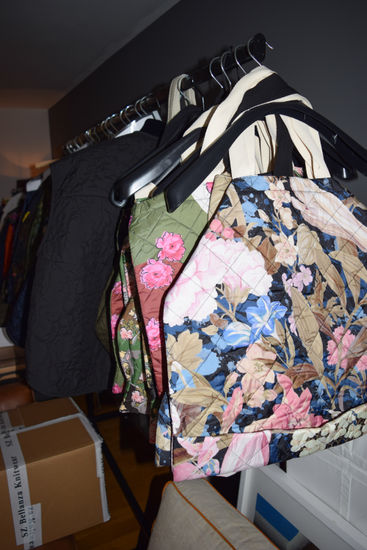Inbetween
Antonia Carola Werkmueller
Fashion has always been a form of self-expression— not just for the customer, but for the brand itself. How does a brand shape its identity and connect with a target group? What defines its success, and what challenges determine its longevity?
Through the voices of eight designers, founders, and creative visionaries, this book explores the process of building a fashion brand—unpacking the strategies behind branding, audience engagement, and market positioning.
This book explores the ambitions, struggles, and phi- losophies that shape contemporary fashion. Based on literature research, the interviews were guided by carefully developed questions, uncovering insights into brand identity, community, sustainability, and the impact of technology. With three of the featured brands no longer active, the book offers a unique op- portunity to compare the journeys of thriving brands with those that couldn’t maintain their place in the industry—highlighting both the challenges and key principles needed for longevity.
Rather than prescribing a formula for success, this magazine enables readers to recognize patterns, draw connections, and reflect on the decisions that make or break a brand. By offering real-world exam- ples of both resilience and failure, it serves as both a documenting guide and an open-ended resource, equipping aspiring fashion entrepreneurs with per- spectives to navigate an industry driven by both crea- tivity and competition.

